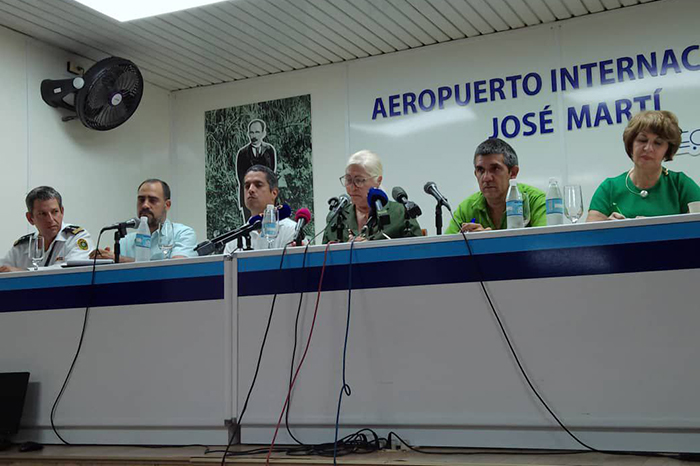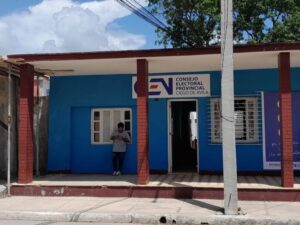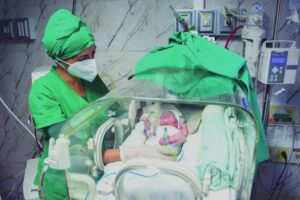To monitor and mitigate the effects of this scourge, Cuba will officially launch its National Drug Observatory in Havana on 4 July.
Authorities from the Ministries of Justice (Minjus), Public Health (Minsap), and Interior (Minint), alongside the General Customs of the Republic and the National Drug Commission, appeared at a press conference to detail this step in Cuba’s commitment to surveillance, prevention, and enforcement under its zero-tolerance policy.
Pilar Varona Estrada, Minjus Deputy Minister, stated this milestone stems primarily from Cuba’s commitment to prevent the proliferation of illicit drug trafficking and consumption, while actively cooperating with global efforts against this issue.
She highlighted that the Caribbean nation is signatory to all three United Nations drug control conventions and maintains governmental cooperation agreements with over 45 countries, plus legal assistance treaties (civil and criminal) with over 55 states.
The Deputy Minister outlined that the observatory’s implementation rests on three essential pillars: relieving the National Drug Directorate of certain monitoring functions; facilitating public access to drug-related information and data; and innovatively integrating information networks, research systems, and early warning mechanisms.
This approach, she noted, will enable societal interconnectivity for addressing drug issues, strengthen epidemiological surveillance, and measure the effectiveness of national prevention programmes.
Reaffirming Cuba’s zero-tolerance policy, she stated: «Cuba considers illicit drug trafficking a crime whose risks pertain to national security. Sanctioning frameworks therefore impose maximum severity on offenders, while guaranteeing due process.»
Regarding the scourge’s impact on Cuban society – particularly youth – Dr Carmen Borrego, Head of MINSAP’s Mental Health Section, emphasised the institution’s commitment to public health and providing relevant education/prevention tools.
She cited the 103 Confidential Anti-Drug Helpline as proof of this public health vocation – a free, 24-hour national counselling service for drug-related cases.
To alert about substance abuse implications and enhance risk perception, she highlighted the participation of rehabilitated youth in community debates within transforming neighbourhoods, where they serve as advocates for change.
«Specialised health centres and teams are updating treatment protocols,» Dr Borrego noted, «though challenges remain: guiding families to recognise situations and respond appropriately, and eliminating stigma around the social reintegration of rehabilitated individuals.»




